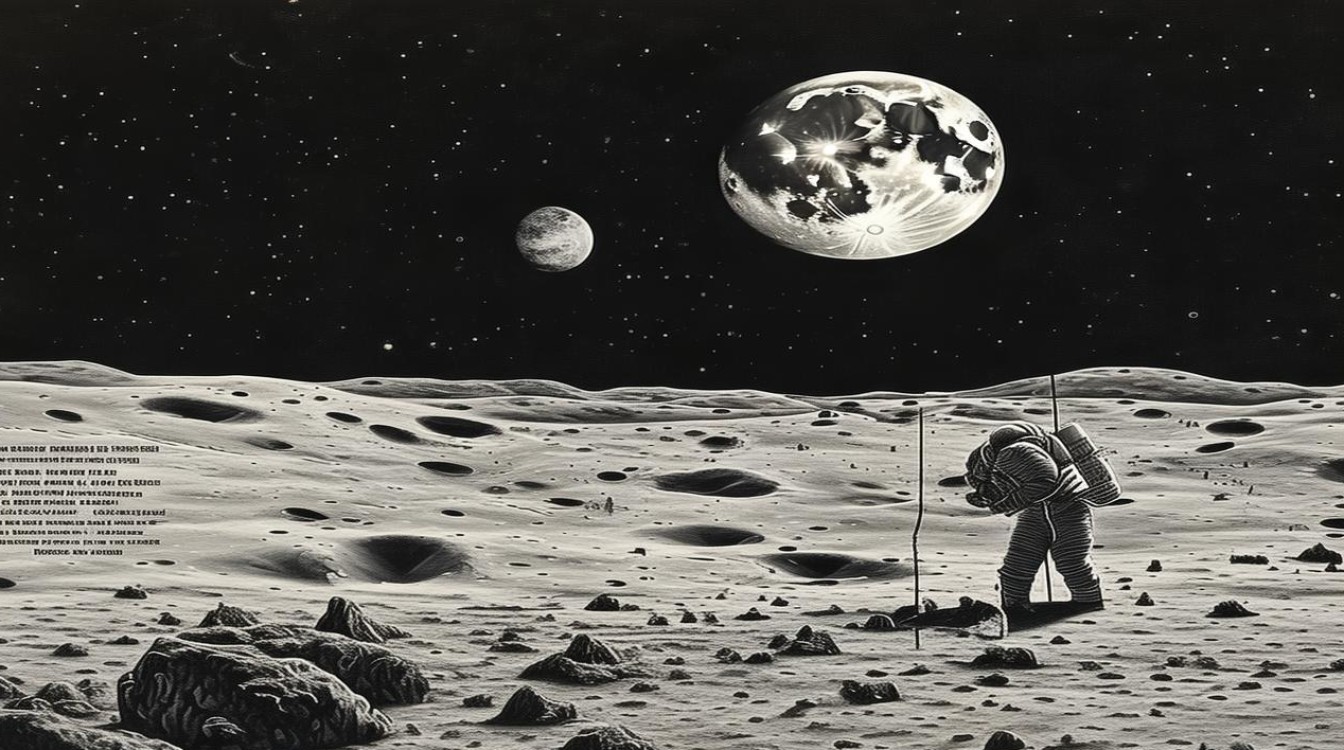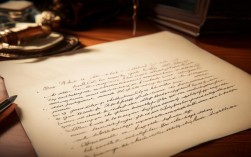Moon Exploration: A Guide to Enhancing English Essay Writing Skills
Exploring the moon has always fascinated humanity, and writing about such topics can be a great way to improve English composition skills. Whether for academic purposes or personal growth, mastering essay writing requires clarity, structure, and engaging content. Here’s how to elevate your writing while keeping it natural and effective.

Understanding the Essay Structure
A well-organized essay follows a clear framework: introduction, body paragraphs, and conclusion.
Introduction
Begin with a hook—a striking fact, question, or quote about moon exploration. For example:
"Since the first lunar landing in 1969, humanity's fascination with the moon has only grown."
Follow this with background information and a thesis statement outlining your main argument.
Body Paragraphs
Each paragraph should focus on one idea, supported by evidence or examples. If discussing moon missions, structure your points logically:
- Historical milestones – Apollo missions, early probes.
- Scientific discoveries – lunar soil analysis, water ice detection.
- Future prospects – Artemis program, potential colonization.
Use transition words like furthermore, moreover, or conversely to maintain flow.
Conclusion
Reinforce your thesis without repetition. End with a thought-provoking statement:
"As technology advances, the moon may soon become humanity’s next frontier, reshaping our understanding of space."
Enhancing Vocabulary and Style
A strong essay avoids vague language. Instead of "Scientists did many experiments," write:
"Researchers conducted groundbreaking experiments on lunar regolith."
Use precise terms related to space exploration:
- Orbit, spacecraft, celestial body instead of space things.
- Colonization, habitation, extraterrestrial for advanced discussions.
Avoid overused phrases like "in conclusion" or "as we all know." Replace them with fresh transitions:
- "Considering these developments..."
- "Given the evidence..."
Grammar and Clarity
Errors distract readers. Common mistakes include:
- Subject-verb agreement – "The data suggests" (not suggest).
- Misplaced modifiers – "After collecting samples, the rover analyzed the soil" (not "After collecting samples, the soil was analyzed by the rover").
- Run-on sentences – Break long sentences into shorter, clearer ones.
Reading aloud helps catch awkward phrasing.
Engaging the Reader
A compelling essay balances facts with engaging storytelling. Instead of listing mission dates, frame them as milestones:
"When Neil Armstrong took his first step, the world watched in awe—a moment transcending borders and politics."
Rhetorical questions can spark curiosity:
"What drives nations to invest billions in lunar research?"
Analogies make complex ideas relatable:
"The moon’s gravitational pull acts like an anchor, stabilizing Earth’s climate."
Research and Authenticity
Strong essays rely on credible sources. For moon exploration, reference:
- NASA or ESA reports.
- Peer-reviewed journals like Nature or Science.
- Interviews with experts.
Avoid unsupported claims. Instead of "Everyone knows the moon is important," write:
"According to NASA, lunar research provides critical insights into solar system formation."
Practicing and Refining
Improvement comes with consistent practice:
- Write regularly – Set weekly essay goals.
- Seek feedback – Share drafts with teachers or peers.
- Revise thoroughly – Focus on one aspect per edit (e.g., clarity, then grammar).
Reading high-quality essays—from scientific articles to opinion pieces—sharpens your style.
Final Thoughts
Writing about moon exploration, or any topic, demands precision and passion. By structuring arguments clearly, choosing vivid language, and grounding ideas in research, your essays will resonate with readers. The journey to better writing mirrors space exploration—filled with challenges, but ultimately rewarding.
As you refine your skills, remember: every great essay, like every lunar mission, begins with a single step.











